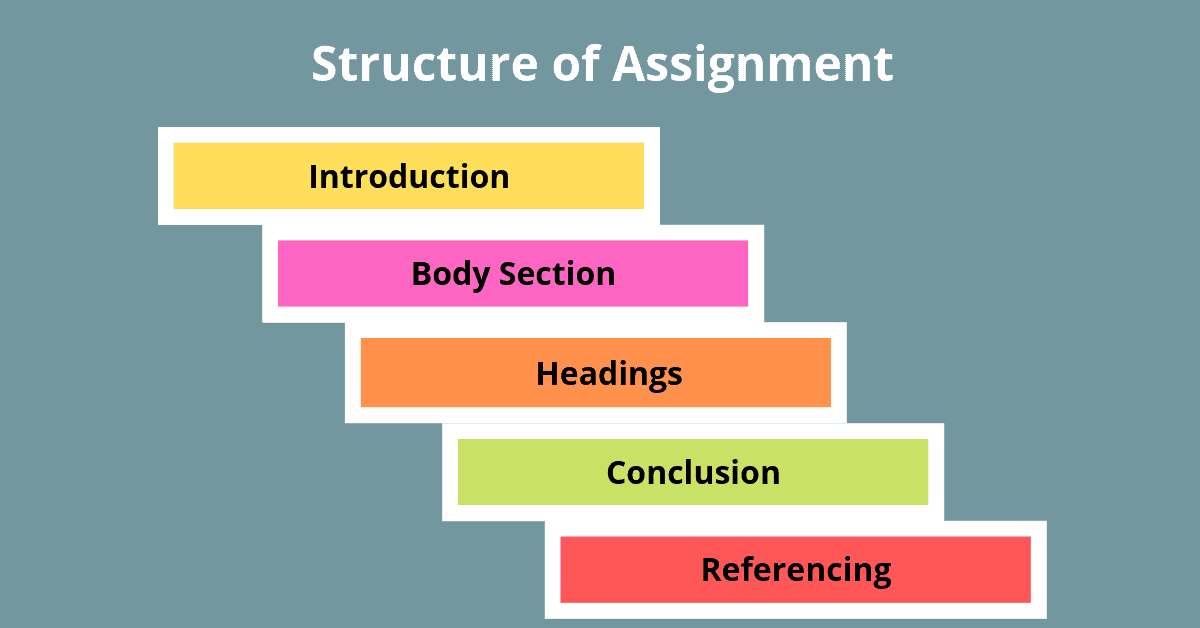
Follow simple writing tips and make way for perfect assignment writing
Are you looking to excel in your assignment writing? Do you want to impress your professors with well-crafted, high-quality papers? Look no further! In this article, we will share some invaluable writing tips that will pave the way for perfect assignment writing. By following these simple guidelines, you can enhance your writing skills and ensure your assignments stand out from the rest. Let’s dive in!
- Understand the Assignment:
Before you begin writing, it is crucial to fully comprehend the assignment requirements. Take the time to carefully read the instructions and clarify any doubts with your professor. Understanding the purpose, scope, and expectations of the assignment will help you focus your research and deliver a tailored and well-structured paper.
- Plan and Organize:
Effective planning and organization are key to producing a stellar assignment. Start by creating a detailed outline that outlines the main points and supporting arguments you wish to include. This will provide you with a clear roadmap to follow, ensuring your ideas flow logically and coherently throughout the paper.
- Conduct Thorough Research:
A well-researched assignment demonstrates your depth of knowledge and understanding of the subject matter. Utilize a variety of credible sources, such as academic journals, books, and reputable websites, to gather relevant information. Take notes, highlight key points, and organize your research material to facilitate easy referencing later on.
- Develop a Strong Thesis Statement:
Crafting a clear and concise thesis statement is vital in academic writing. This statement should encapsulate the main argument or purpose of your assignment. It acts as a guiding beacon for your entire paper, ensuring that each paragraph and argument contributes to the overall coherence and strength of your work.
- Structure your Writing:
Assignments generally follow a standard structure comprising an introduction, body paragraphs, and a conclusion. In the introduction, provide context and background information, and present your thesis statement. The body paragraphs should explore and support your arguments with evidence and examples. Finally, the conclusion should summarize your main points and restate your thesis in a concise manner.
- Write Clear and Concise Sentences:
Effective writing is all about clarity and conciseness. Use simple and straightforward language to convey your ideas, avoiding jargon or excessive wordiness. Break down complex concepts into digestible portions, and ensure your sentences flow smoothly, maintaining a logical progression of thoughts.
- Proofread and Edit:
Never underestimate the power of proofreading and editing. Once you have completed your first draft, take the time to review your assignment carefully. Check for spelling and grammatical errors, and ensure proper punctuation and sentence structure. Editing allows you to refine your writing, eliminate redundancies, and enhance the overall readability and professionalism of your work.




